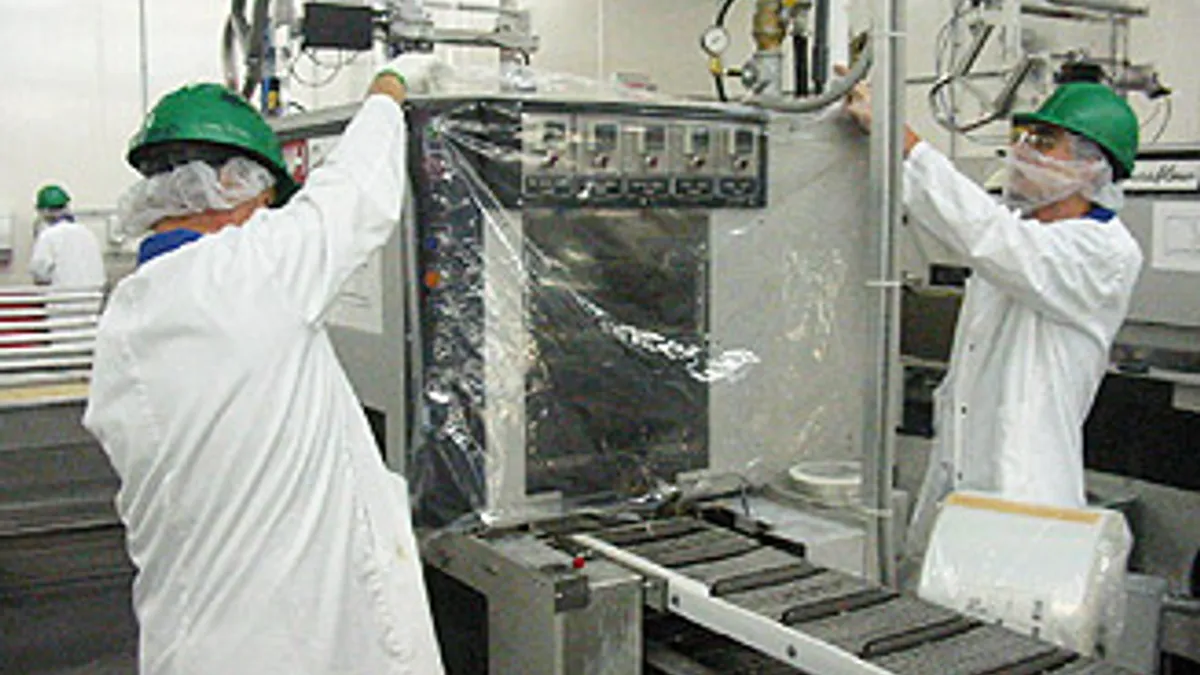Dive Brief:
- The Center for Science in the Public Interest thinks the U.S. Food and Drug Administration isn’t moving fast enough to implement a standardized in-store recall notification system per Food Safety Modernization Act mandates, which the agency passed more than five years ago.
- FSMA requires the FDA to prepare recall notices based on information from manufacturers that retailers with 15 stores or more would post in accessible areas for 14 days. That standardized system is not yet in place, with retailers implementing various methods of notification placement and customer contact.
- Several retailers collect data through their bonus card or loyalty programs and then directly contact consumers who have purchased recalled products. The largest grocers, Wal Mart, Kroger and Costco do this, but other stores don't have loyalty programs or don't reach out.
Dive Insight:
If retailers across the board don't adequately perform in-store recalls, it could lead to mounting troubles for the manufacturers instating the recall. Recalled products could slip through the cracks, causing recalls to last longer and rack up tangible and intangible costs.
General Mills’ current flour recall demonstrates how costly a drawn-out recall can be, especially for products like flour that other manufacturers might use as an ingredient in their own products. In addition to the marketing and logistics cost of recalls — which include shipping, redistribution and brand damage control — additional costs include potential litigation, loss of market share and inventory losses.
Here are some steps manufacturers can take to develop a plan to minimize the costs of recalls.














